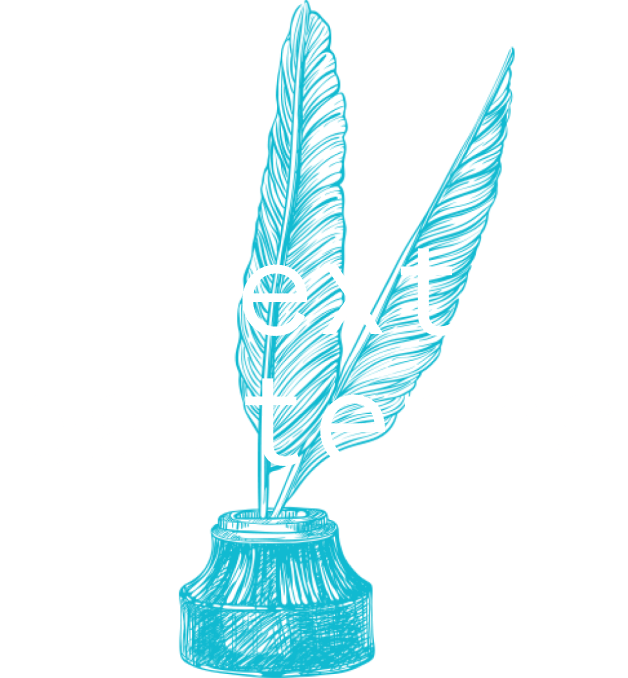February 20, 2014
the hidden costs of e-book lending
This article by Jennifer Howard on the barriers to lending e-books via ILL (InterLibrary Loan) gives an interesting little glimpse of the future, or a future. ILL is a pain in the neck for libraries, though a necessary one. It has existed in one form or another for a long time, but could only become truly effective first with the...


